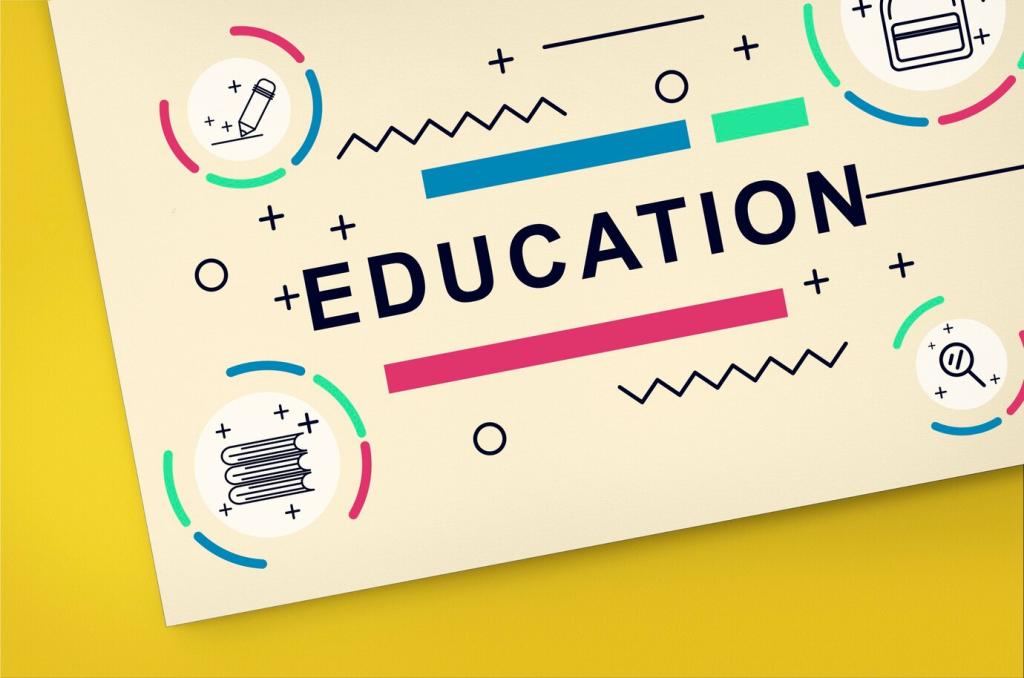Theme Spotlight: Supplementing Curriculum with Encyclopedic Content
Chosen theme: Supplementing Curriculum with Encyclopedic Content. Welcome! Explore practical strategies, classroom stories, and creative prompts that help you enhance units with authoritative, student-friendly reference materials. Stay with us, comment with your challenges, and subscribe for weekly planning prompts tailored to this theme.
Why Encyclopedic Content Belongs in Every Unit
Textbooks often summarize, while students wonder about details, context, and surprising connections. Encyclopedic content fills those gaps, offering concise background, key terms, and extended reading options that keep inquiry alive rather than shutting it down with oversimplified answers.
Aligning Encyclopedic Resources with Standards and Objectives
Start with priority standards, then identify which encyclopedic sections directly support required concepts, vocabulary, and skills. Tag passages to discrete objectives, and create a quick alignment grid so students can see exactly how reading supports the day’s targets and assessments.


Designing Inquiry and Project-Based Learning with Encyclopedias
Skim an entry’s headings and images, then run a two-minute question-storm. Students ask only questions, categorize them by type, and choose one investigable question each. The encyclopedia remains the anchor text, but learners branch into data, interviews, and multimedia sources.
Designing Inquiry and Project-Based Learning with Encyclopedias
Time-box research to maintain energy. Fifteen minutes with a curated entry, ten minutes to extract key quotes, and five minutes to craft a claim. Students cite specific sentences and explain why those lines are credible, practicing rapid, disciplined inquiry that reduces procrastination.
Layered Texts and Multimodal Supports
Select entries that include headings, summaries, images, captions, and glossaries. Pair text with audio support and captioned video. These layers allow students to preview structure, access vocabulary in context, and revisit core ideas without losing dignity or momentum during challenging readings.
Language Learners Thrive with Smart Scaffolds
Offer bilingual word banks, sentence frames, and chunked reading guides. Encourage students to annotate in their home language while drafting in English. Encyclopedic clarity—short paragraphs, explicit definitions, and consistent structures—reduces cognitive load and supports confident, precise academic language use.
Extending Depth for Advanced Learners
Provide cross-links to related topics, primary sources, and scholarly overviews. Invite learners to compare two entries’ treatment of the same concept and analyze differences in framing or emphasis, culminating in a mini literature review with claims grounded in referenced lines.
Assessment and Feedback with Encyclopedic Enrichment
After reading an entry, ask students to draw a concept map using only ten keywords. Require one quoted sentence per connection. This constraint exposes misconceptions and helps you target just-in-time instruction while maintaining rigorous, text-based discussion.
Assessment and Feedback with Encyclopedic Enrichment
Include criteria for factual precision, citation quality, and explanation depth. Invite students to highlight the exact lines that informed their claims. When feedback references those highlights, learners see a clear path from reading choices to improved reasoning and communication.


